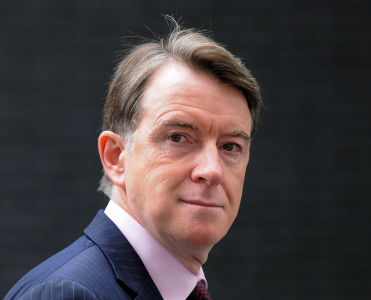Today, Transparency International EU welcomed the European Parliament’s committee vote to end secrecy around the ultimate beneficial owners of companies and trusts active in the EU, in revisions to the 4th Anti-Money Laundering Directive. The revisions are designed to end the kind of anonymous structures used to hide wealth, which were exposed on a mass scale by the Panama Papers, and set the tone for up-coming negotiations between the EU institutions. By extending public disclosure requirements to all types of trusts including non-commercial trusts, the Parliament goes beyond the proposal made by the Commission in July 2016.
“The public have had enough of the reign of secrecy which underpins the global financial system, enables and emboldens the corrupt to steal, launder and hide money,” said Laure Brillaud, Policy Officer for Anti-Money Laundering at Transparency International EU. “The European Parliament today proved that it is listening to the public outcry after the Panama Papers. Now it is up to the Council and Commission to confirm their commitments to ending the kind of secrecy that allows corrupt cash to flow through Europe,” said Brillaud.
With full public beneficial ownership information law enforcement agencies, journalists, and citizens will be able to better detect and deter the flow of illicit assets, according to Transparency International EU. The Panama Papers demonstrated how people such as former Ukrainian President Viktor Yanukovych allegedly used a series of shell companies and trusts to launder money through companies based in Europe.
The Parliament’s committee vote forms the basis of its position ahead of upcoming “trilogue” negotiations with the European Commission and Council which are expected to start in March after a vote of the Parliament in plenary. The Maltese Presidency has already announced its willingness to conclude the negotiations by the summer.
Transparency International EU calls on the European Commission and Council to take a decisive step to put the EU at the forefront of the global fight against money laundering and corruption. This would show how serious the EU is about stemming the flow of corrupt cash following the Panama Papers.
In addition to public registers of beneficial ownership for all companies and trusts operating in the EU territory, the Parliament’s proposal supports lowering down the beneficial ownership threshold from 25% to 10%, removing the loophole leaving the possibility to list senior managers as beneficial owners, and requiring obliged entities to terminate their business relationship with customers failing to identify their true owners.
ENDS




